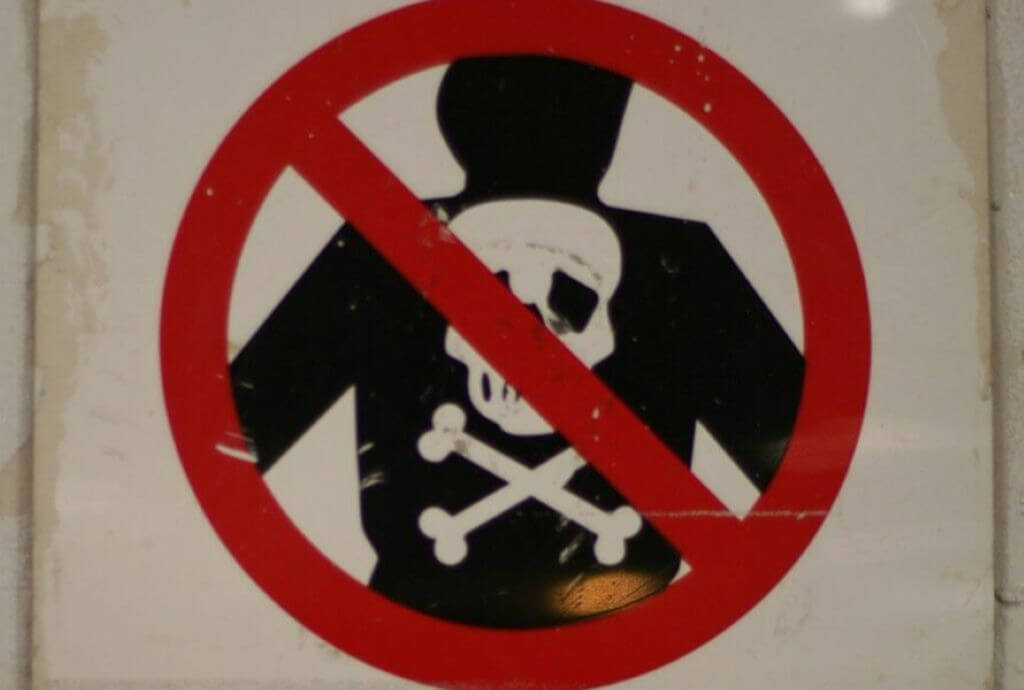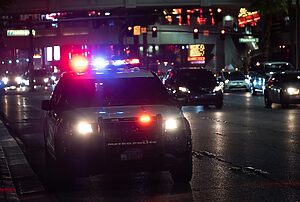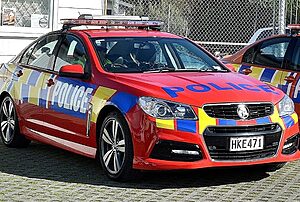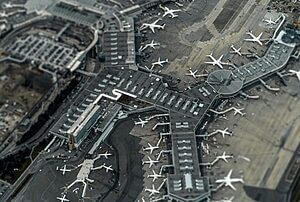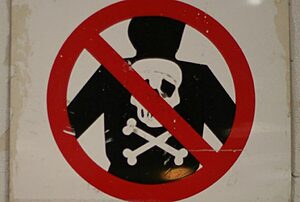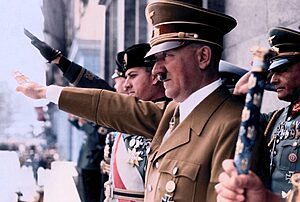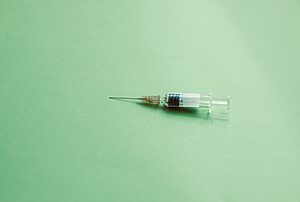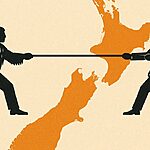In brief
- Jacinda Ardern reportedly received a $1.5m advance for her memoir, meaning 140,000 global sales are needed to break even.
- Early NZ sales appear good, but not exceptional enough to meaningfully hit that target.
- Amazon and B&N rankings suggest minimal international traction.
- Reviews have been mixed, even from the Left.
- The book reads more like a résumé than a best-seller.
The other elephant in the room
As the dust settles on the launch of Jacinda Ardern’s memoir, A Different Kind of Power, (now attracting mixed reviews, even from the Left) and the emergence of a rival unauthorised biography promising to tell the story that Jacinda didn’t, there’s another elephant in the room: sales.
Ardern received a reported NZ$1.5 million advance from Penguin RandomHouse – the largest advance paid to an NZ non-fiction author (quiet in the cheap seats, don’t derail the thread) that I am aware of in 30 years of book publishing.
That’s a lot of book sales Penguin needs before it breaks even at the box office. To be specific, around 140,000 copies globally.
Let’s put it in perspective. The advance paid by Penguin to Prince Harry for Spare meant the publisher needed 500,000 copies sold before breaking even. Royalties are royalties (no pun intended) so we can guess that Harry’s advance was a little over three times bigger than Jacinda’s.
Their gamble paid off. Spare sold 3.2 million copies worldwide in its first week, setting a world record for fastest-selling non-fiction book, and a total in its commercial lifespan of more than six million copies overall.
So where does A Different Kind of Power sit?
My book industry sources tell me the memoir sold on average between 5 – 20 copies per store on day 1, and half that on day 2. There are different “tiers” of bookstores and some of the larger ones can sell big quantities. When I launched The Paradise Conspiracy in 1995, Whitcoulls Queen St swallowed 500 copies on the first day. So, I can confidently predict that Ardern will be the #1 Bestseller in NZ that she wants to be. At least for the first couple of weeks.
Sales of 2000 copies a week in NZ will put you within cooee of top spot.
The heady heights of the 90s and early noughties, when there were literally hundreds of book stores, have long gone and today about 150 new release stores remain, along with Warehouse stores that have carried books since the late 1990s.
In theory, with population growth and a declining number of bookstores, yield per store should be higher than the more competitive decades of yesteryear.
The maths
Just under 800,000 people voted for Labour in the 2023 general election. If even 10% of those voters purchased Jacinda’s book, that’s 80,000 copies and would be more than half the global minimum Penguin needs. But there’s no sign in this first week of Ardern receiving that kind of love.
Again, some perspective. Around 1.5 million people voted Labour in 2020. If only 10% of them bought the book, Penguin would be rolling around in Scrooge McDuck’s money bin.
However, using the Prince Harry trajectory, more than half his total global sales came in the first week, at the peak of all the publicity. Harry was a global household name at the peak of his public profile because of his rift with the Royal Family.
Jacinda Ardern on the other hand, has largely vanished in the rear view mirror – at least in NZ – as the country moves on from the covid years.
Let’s assume the “average” allocation for 150 NZ bookstores is 40 copies and they all sell by Sunday. That’s 6,000 copies sold. Factor in 218 Warehouse stores at maybe 30 copies each, and that’s a further 6,540 copies.
On the Prince Harry trajectory, that’s a forecast of between 25-30,000 total sales of Jacinda’s book. It’s impressive, but it’s magnitudes below what her autobiography might have done at the height of her political powers – both in NZ and globally. That’s the curse of memoirs, however; by the time they are written in most cases, the subject has lost relevancy to a degree.
It’s too early to get officially compiled sales data, but Amazon sales will not be giving Penguin comfort.
The book peaked at around #555 on the top 1000 bestsellers list after three days of heavy media coverage on Oprah, CBS, the Washington Post, New York Times and others.
By 4pm Thursday NZ time, it had slumped to #982, comparable to my climate change book Air Con in 2009 (I only mention this to draw the comparison – I didn’t go on to sell 140k copies, but Jacinda needs to).
Its Kindle sales ranking in the US market at the same time was #14,538, whereas NZ books have been much higher than that on launch in the past.
Over at Barnes & Noble, the realtime non-fiction bestsellers data has Dale Carnegie’s How to Win Friends & Influence People at #27, Robert Kiyosaki’s Rich Dad at #53 and the 30th anniversary edition of Stephen Covey’s The 7 Habits of Highly Effective People at #60. Anne Frank’s Diary is #64 and the autobiography of the recently departed Pope Francis at #66.
A Different Kind of Power does not appear in the top 100.
What does all this mean?
Launch is when non-fiction “star power” books usually do their best, on the back of heavy media promotion. When that dies off, so do the sales unless the content resonates so much with readers that it becomes a viral hit. A book has to have substance to rise from a nice-to-have to greater heights.
There are few signs of that with Jacinda’s book. The New Zealand reviews, even from sympathetic left-wing media, have been mixed, noting the book shed’s little real light on Jacinda’s government and the decisions it made. “This book is not written for us,” lamented one.
They’re right. It’s written for a global audience, many of whom are favourably disposed to Ardern, although not all: the UK Telegraph’s Tim Stanley’s excoriating 1-star review labelling her book a 350 page “therapy session”.
But, and this may have been overlooked by Penguin, there’s a big difference between a world famous rogue prince sticking the knife into the Royal Family, and a backslid Mormon who spends nine of those 350 pages in a frenzied stabbing of David Cunliffe and the other 341 pages finding different ways to write “Be Kind”. Beyond the intelligentsia, it’s hard to visualise a vaguely familiar face (a Boston barista asked Jacinda if she was “that Australian actress” Toni Collette) lingering deep enough in the psyche to register as a popular must-have book purchase.
The wrap-up
I could be wrong. Maybe a fire will ignite. But I’m a publisher and author who’s done elements of the US media circuit too. I know the kind of sales that the right media interview can drive. And I’m not seeing ignition on this occasion.
Penguin might take a financial bath on this one.
But perhaps that wasn’t Jacinda’s purpose in writing this book. As a colleague remarked today, “it reads like a resume”.
Indeed it does. I wonder what for…
Image: Amazon




